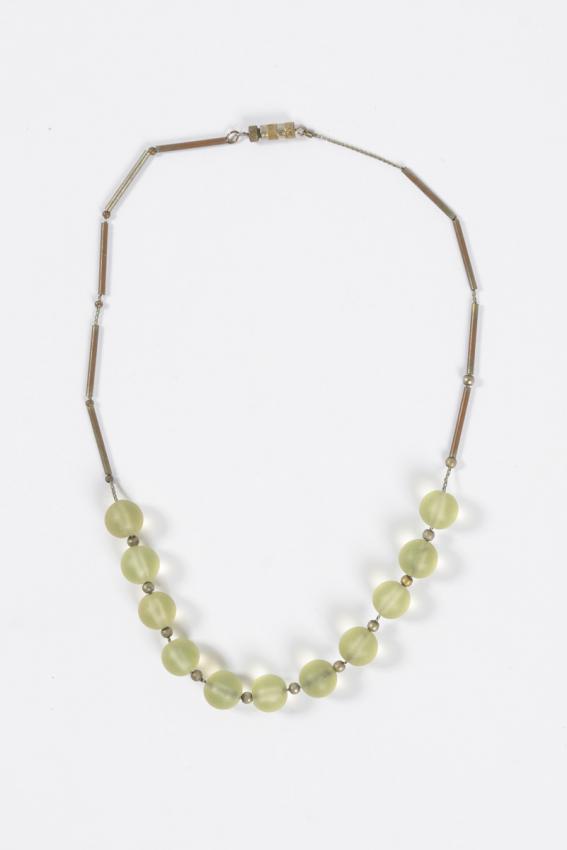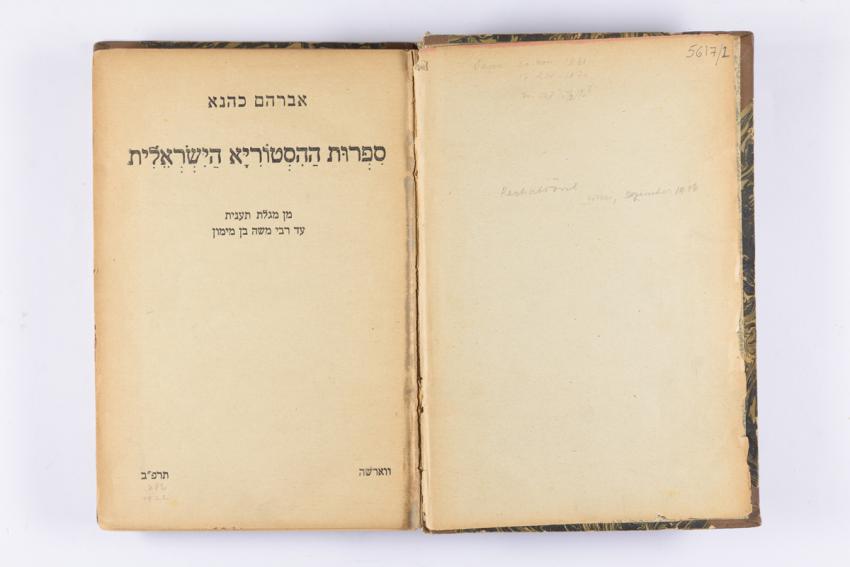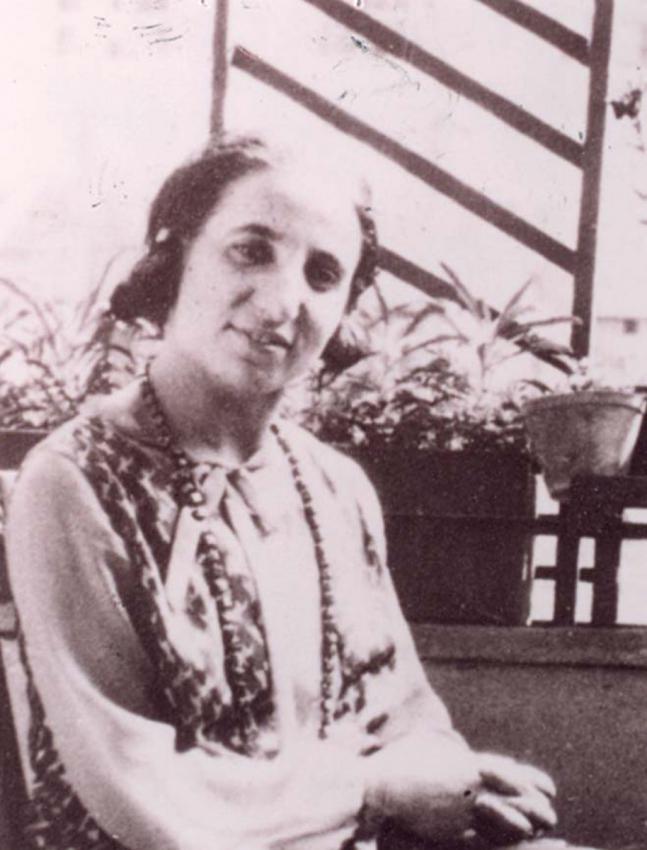
Yad Vashem Artifacts Collection
Donated by Rina Dotan, Moshav Yarkona, Israel


Yad Vashem Artifacts Collection
Donated by Rina Dotan, Moshav Yarkona, Israel


Yad Vashem Artifacts Collection
Donated by Rina Dotan, Moshav Yarkona, Israel

Sunday to Thursday: 09:00-17:00
Fridays and Holiday eves: 09:00-14:00
Yad Vashem is closed on Saturdays and all Jewish Holidays.
Entrance to the Holocaust History Museum is not permitted for children under the age of 10. Babies in strollers or carriers will not be permitted to enter.

Yad Vashem Artifacts Collection
Donated by Rina Dotan, Moshav Yarkona, Israel


Yad Vashem Artifacts Collection
Donated by Rina Dotan, Moshav Yarkona, Israel


Yad Vashem Artifacts Collection
Donated by Rina Dotan, Moshav Yarkona, Israel

Fania Rotbart was born in 1899 in Krynki, Poland, the fourth of Margalit and Reuven Rotbart's seven children. Margalit was the scion of a rabbinic family from Bialystok, and Reuven was head of the Krynki Jewish community for many years.
Fania and her siblings all received a good education, and she studied Hebrew, German and Russian. During World War I, Fania worked as a teacher. Her parents immigrated to Eretz Israel (Mandatory Palestine) in 1926.
In the the mid-1920s, Fania joined her relative, Nahum Zemach, founder of the "Habimah" theater, and travelled to Warsaw, Moscow, Vienna and Berlin with him, taking care of organizational matters.
In 1926, Fania left the theater and started working as a journalist in Berlin. Her acquaintances from that period included Beilinson, Shazar and Arlozorov. Influenced by Leo Baeck, she began to study in the the Rabbinical Seminary where he taught. On graduating, she became one of the first women to earn the title "Rabbi". While she lived a secular life, Fania was very knowledgeable and maintained a fine collection of Jewish books.
In 1938, Fania visited Eretz Israel with a view to preparing for her immigration and joining the rest of her family. She was offered a job at the "Davar" newspaper, and returned to Berlin to bring her private archive and put her affairs in order. However, the war broke out, and her family lost contact with her in 1942. In 1943, Fania was deported to the Auschwitz-Birkenau death camp and murdered.
In a letter that Fania's sister, Liza Tuviyahu Rotbart, sent after the war, she describes her painful realization that her sister was probably murdered in the Holocaust:
"5.6.1945… I went to see an acquaintance of Fania's who had arrived from Italy. She was there for some five years. Of course, she knows nothing about her. She just wanted to give me Fania's books, precious books that she looked after so that we would have something to remember Fania by. I returned home crushed and broken, as the last remaining spark of hope had been extinguished."
In 1946, Liza received a message from the Trieste port in Italy, that for the past 5-6 years, a container (lift) with Fania's library had been waiting for her. Fania's unusual and valuable collection of books was donated to the Hebrew University National Library.
Yad Vashem Artifacts Collection
Donated by Rina Dotan, Moshav Yarkona, Israel

Thank you for registering to receive information from Yad Vashem.
You will receive periodic updates regarding recent events, publications and new initiatives.

"The work of Yad Vashem is critical and necessary to remind the world of the consequences of hate"
Paul Daly
#GivingTuesday
Donate to Educate Against Hate


Worldwide antisemitism is on the rise.
At Yad Vashem, we strive to make the world a better place by combating antisemitism through teacher training, international lectures and workshops and online courses.
We need you to partner with us in this vital mission to #EducateAgainstHate
The good news:
The Yad Vashem website had recently undergone a major upgrade!
The less good news:
The page you are looking for has apparently been moved.
We are therefore redirecting you to what we hope will be a useful landing page.
For any questions/clarifications/problems, please contact: webmaster@yadvashem.org.il
Press the X button to continue



